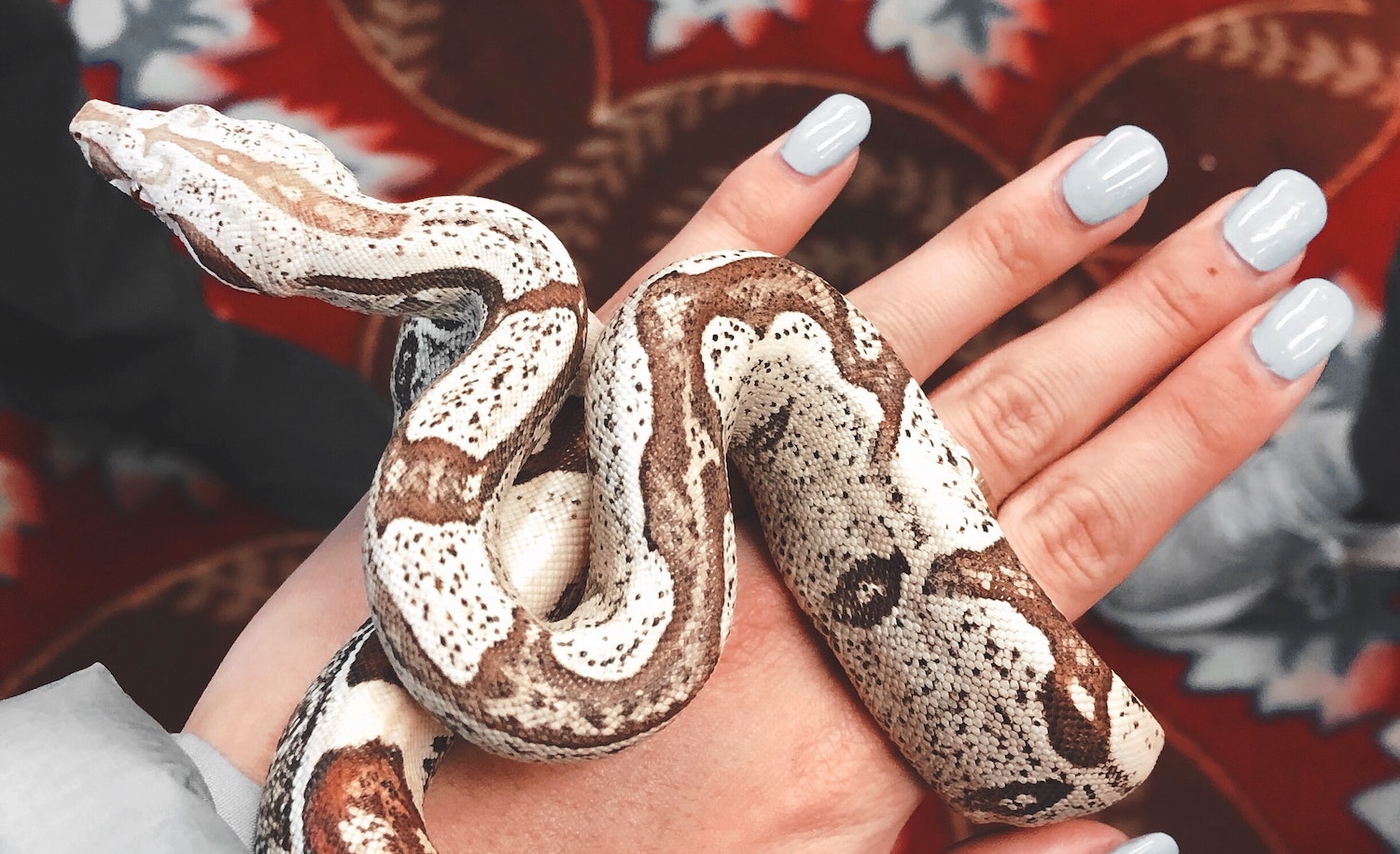‘Like a Boa Constrictor’: A Poet Takes on Our Worldwide Anxiety

“If the chaos of the day has worked its way into your heart and bones…“
For most people, being highly sensitive means having some very big, intense feelings. It also means taking on feelings from others — those around you, your loved ones, and society at large. This is what gives highly sensitive people (HSPs) such a high capacity for empathy and compassion. But, in times of fear and uncertainty, it can mean carrying the weight of the world.
That’s what poet Leah Cox has on her mind as the global pandemic spreads. I spoke to Cox this week and she says that, while many people are settling into a new normal, HSPs are often the ones left processing the angst — as Cox knows well, because she’s highly sensitive herself.
But, even in a crisis, she says sensitive people are not alone:
You are held and supported by a tribe of people who know what it is to feel the world the same way you do. A tribe of people with hearts as big as your own, flowing over with compassion and tenderness and care for all the world.
Cox also says that being sensitive is a divine gift — one the world needs. She believes that the anxiety they absorb can be transmuted into into something more:
When everything is thrown into question and the future seems to hang like a fragile thread, our vision may become even more intense. The beauty of a sunrise, of birdsong, of an awakening spring flower, or the gentle lap of the ocean at the water’s edge, can give rise to such a fierce burning pain in one’s heart that it seems impossible to hold.
[But] you can hold it. We can hold it together… Let the grief and sadness that dwells beneath the fear and anxiety find release through your tears. Take exquisite care of your sensitive soul and yes, this is hard sometimes, so when overwhelm comes or you tip over into anger at your loved ones who feel things differently, be extra, extra gentle with yourself.
That simple act of crying it out isn’t just a way to release your own suffering, but all the suffering you’ve taken on for others. In that sense, Cox says, it’s a work of importance for all of humanity. It’s why she says sensitive people are “placed like jewels in each corner of the globe” — to ease collective pain.
When I asked Cox if she could write a poem for sensitive people dealing with our current state of panic, she told me she already had two of them ready to go. The first one, “Before Dawn,” dives into the powerful act of transmuting pain. The second one, “Elixir of the Forest,” turns that transformation on the reader.
If you’re sensitive yourself, I think you’ll find them soothing — and, perhaps, find yourself releasing some of the world’s worry.
—Andre Sólo, editor
Like what you’re reading? Get our newsletter just for HSPs. One email, every Friday. Click here to subscribe!
Two Poems by Leah Cox
Before Dawn
Sometimes, in the dead of night
or the still dark hour before dawn
I wake
and feel the day’s pent up fear and worry
wither into sadness.
The body works it out in tears
until the heart remembers its softness.
Wounds melted, sleep gathers me again
to its belly and I fall into the pillow
and beyond into my dreams,
a lighter load to carry.
Elixir of the Forest
If the chaos of the day
has worked its way into your
heart and bones, wrapping itself
like a boa constrictor around your breath,
walk home by way of the woods, if you can.
Crossing the threshold from modern world
to ancient trees, a stillness falls
from head to foot, unwinding the knots
around the troubled mind.
The trees, and all that live amongst them,
from forest floor to uppermost canopy,
guard an ancient truth to soothe the heart
and restore the wearied soul.
From bark and branches presence flows,
gathering in generous pools about one’s feet.
Stoop, my love, and drink.
Let the elixir of the forest
bring you home.
Leah Cox is a writer, poet and teacher focusing on themes of sensitivity, healing, awakening, creativity and following the call of your heart. Click here to read more of her work.
